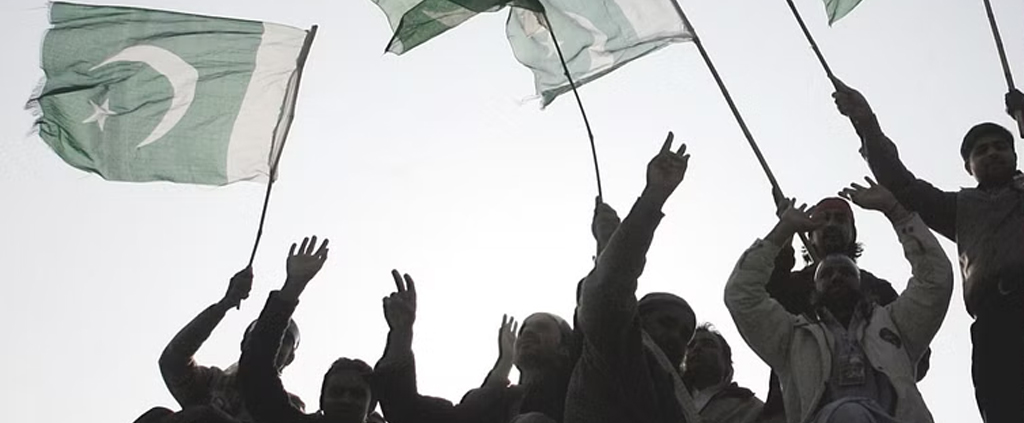Secularism in Pakistan
By A. G. NOORANI Conflict Management & Vision for a Secular Pakistan : A Comparative Study by Moonis Ahmar; oxford University Press, Karachi, 176 pages. Historic Temples in Pakistan: A Call to Conscience by Reema Abbasi; photography by Madiha Aijaz; Niyogi Books, New Delhi; 296 pages. Islam and the Secular State ; Negotiating the Future […]
Secularism in Pakistan Read More »


